I was in high school at age 17 achieving mediocre grades with little sense of direction. As I looked toward what was next, the only option seemed to be college. After all, it was what was expected of a kid growing up in the middle-class town where I lived.
As I pondered what school to apply to — or more likely what sorry school would take me — I started to think that it was going to be a tremendous waste of money (my parents’ money) just so I could party and fail out. It was then that I considered enlisting in the military.
There was a long tradition of military service in my family dating all the way back to the Revolutionary War. In fact, a family member had served in every conflict the United States had been involved in since the Revolutionary War. (Yes, just like Forrest Gump.)
I reached out to the Marine recruiter to set an appointment. Thankfully, he never showed, otherwise I would have become a jarhead.
Since I got stood up by the Marine Corps (He probably saw my scrawny ass from a distance and said forget it), I moved on to the Army recruiter. In no time, I was whisked off to the MEPS station and had signed up to join the Army via the delayed entry program. I spent 3 years as an enlisted soldier, and I learned a bunch. I learned what I liked and didn’t like. I learned responsibility — and how to party. I also developed focus, and despite my prior underachievement, I decided I wanted to become a physician.
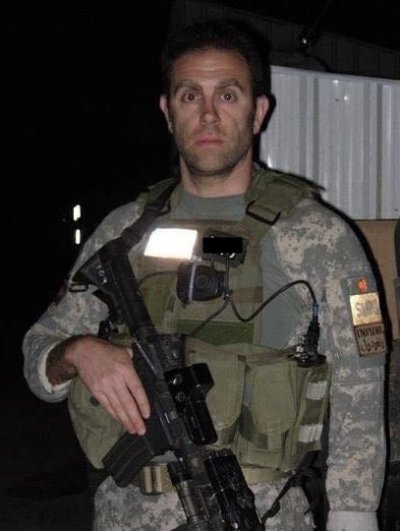
I used the Montgomery GI Bill and the Army college fund to pay for (some of) my school. I attended the University of Maryland at College Park and did very well, ultimately graduating cum laude with a degree in physiology and neurobiology. I was accepted to attend medical school at the University of Maryland School of Medicine and decided I wanted to become a military physician to give back and support the finest men and women that America has to offer. I applied for and was granted an Army Health Professions Scholarship, which set the course for the next 21 years of my life.
After medical school, general surgery residency, and a colorectal surgery fellowship, I was promoted to Major and took my first real staff surgeon job at Eisenhower Army Medical Center. I was immediately deployed to Baghdad, Iraq as a trauma surgeon at what was then the busiest trauma facility in the world (Ibn Sina Hospital) as part of the 10th combat support hospital. In retrospect, this was one of the most rewarding experiences of my career to date, but it took a tremendous mental toll that I am still not sure I fully realize. We saw awful things every day: Humans reduced to the worst condition where survival wasn’t likely.
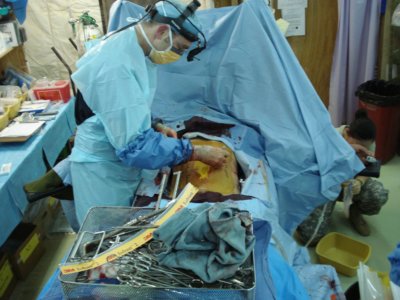
Despite that, if you made it to us alive, you had a 93% chance of staying that way.
However, while that sounds great, being alive isn’t always the best thing. The men and women that came through our doors often left them as mere shadows of what they once were physically, not to mention the mental toll their struggle would take on them over their lifetime.
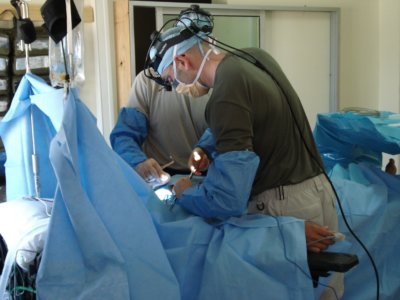
I helped to save people that I sometimes wish I hadn’t. I made great saves for people who fully recovered and were tremendously grateful for our care. It was a mixed bag. But I felt useful…felt like I was making a difference.
Later in my career, I was invited to try out to be a member of a joint special operations task force where my job would take on a much more “operational” feel. I would be tasked and trusted to care for the finest warfighters our country has. This is the part of my military career that I miss the most, and I am so thankful that I was given the opportunity to serve in this capacity.
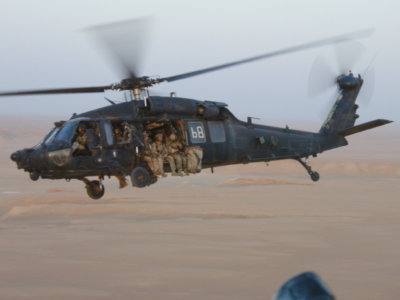
War took on a very different feel from the hospital setting. It wasn’t going to be me waiting in a hospital to receive casualties that I did not know anymore. Now I was going to be taking care of the men that I shared a hooch with, that I ate dinner with, that I worked out with, that I played cards with. That’s an entirely different thing. It’s something that every door kicker is familiar with, but few surgeons ever feel. It makes it personal. Personal is hard. It’s why doctors don’t take care of their own families. Your judgment can be clouded when it’s personal. So, you must learn to turn personal off. You can do that temporarily, but it takes a toll.
I retired from the Army in 2016 as a senior Lieutenant Colonel and now I have a civilian job as a surgeon at the Cleveland Clinic. It’s very different. I love it.
I don’t really miss the military, but I do miss the people and those connections…the meaning. I admit I was a bit lost. I was cruising through the days with a hole in my center that I did not notice.
My family noticed.
I finally figured out I was depressed. I was diagnosed and got treatment.
Who cares why? There were plenty of reasons.
When I came to Cleveland, I got back into skydiving — a sport I loved and had done for many years. This led me to BASE jumping. It was through BASE jumping that I met a community of people just like me — many with similar shared military experiences. This helped me a lot.
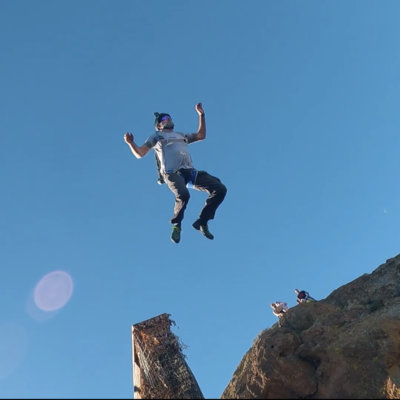
My BASE community is good people: similar experiences, similar demons, similar crazy sense of humor, similar thirst for the sympathetic nervous response.
I met Tristan Wimmer and became familiar with his story and his brother’s story, and I got to watch 22 Jumps develop from the ground up. It’s a great cause for great people who need our help — who deserve our help. We owe them. They have sacrificed so much for us, and it is time we give back and help them to get the lives back that they deserve.
And in the process, we can all heal from our experiences.
Helping these guys and being around them helps me.

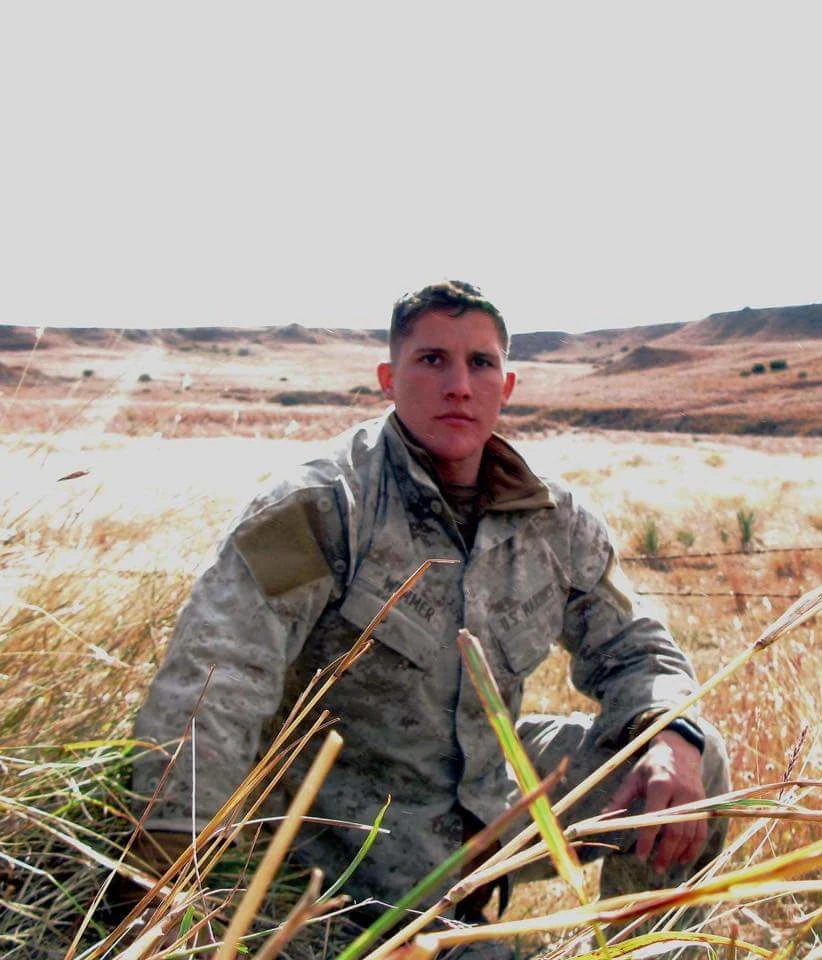
3 Responses
Such a beautiful, touching testimony. Caring physician’s/surgeons like you make a huge impact to the medical field and our world. God Bless You. Thanking you from my heart for your personal commitment and services. ❤️
You are truly a Blessing 🙏🏻
Excellent article Eric. You are a good man. Proud to know you.
Eric passed away today, Christmas Eve 2023. So grateful to have known him over the last 13 years. Irrelevant, inappropriate, incredibly funny and considerate Dude. Not enough of guys like him around anymore. Thanks for everything my Friend, you will be missed.